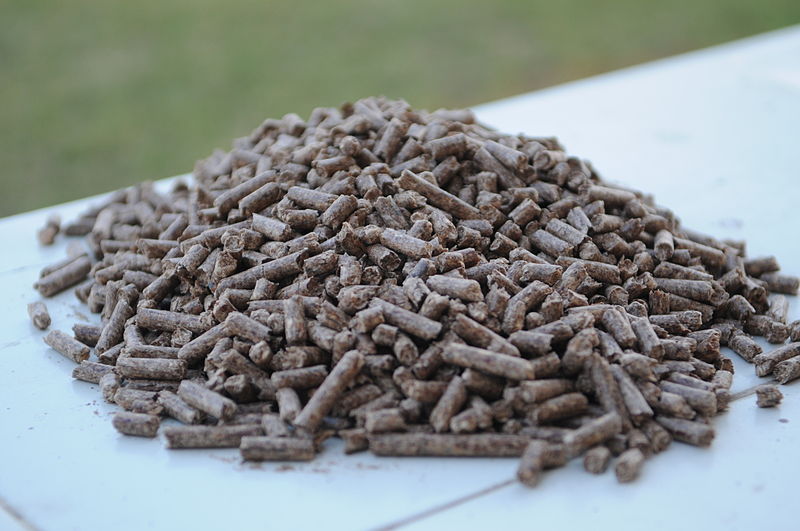The number of applications for small biomass boilers under the non-domestic Renewable Heat Incentive (RHI) has plummeted following the introduction of a lower tariff rate.
Just eight new installations were recorded in the latest figures from the Department of Energy and Climate Change (DECC), marking a drop of over 95% from the previous month.
Since the non-domestic scheme was launched in November 2011, biomass boilers below 200kW in capacity have made up the lion’s share of take-up under the scheme, with more than 12,600 installations making up 83% of the applications made across all technologies.
On 1 January, DECC reduced the tariff for these boilers from 4.18p/kWh to 3.76p. It is not unusual to see spikes in activity in the run-up to a degression, which would explain the sharp increase between November and December when 180 small biomass boilers were installed.
The fall in biomass systems was also felt in the domestic RHI, which saw applications of the technology fall from 457 in December to just 36 in January. A similar degression was also imposed on the domestic side, with the biomass tariff of 6.43p/kWh reduced by 20% to 5.14p for all new applications made from 1 January. This has resulted in the lowest number of biomass applications recorded in a month since the domestic scheme was launched in April 2014.
The number of applications across the entire non-domestic scheme also fell considerably, down from 397 in December to 132 last month. There was no increase in the first month of the year for large biomass boilers (>1MW), solar thermal systems or biomethane plants, which also had a lower tariff rate imposed in January.
Some have pointed to decreasing installer numbers as a cause for the falling number of applications under the RHI. Tim Pollard, head of sustainability at Wolseley, spoke on Friday during a round table discussion hosted by Clean Energy News and suggested a fall in the number of installers for technologies like air source heat pumps and biomass systems was responsible.
“There is clearly a log-jam in terms of capability out there. If we are to get the type of uptake we all want then one thing’s for certain: we’re going to have to convince guys out there currently fitting gas boilers that there is another alternative,” he said.
He added that the failure of technologies like air source heat pumps to build momentum under the RHI is putting the UK’s climate change targets at risk. Pollard claimed that to reduce emissions by at least 80% from 1990 levels by 2050, the UK should currently be installing 180,000 heat pumps a year. The new figures suggest around 8,000 air source heat pumps have been installed under the domestic RHI since 2014, with less than 1,800 ground source systems receiving tariffs.
Only a few hundred more of both systems have been deployed using support from the non-domestic scheme.
“This is something we can’t afford to ignore. The carbon budgets are defined out to 2050 and we do have to start worrying about it because 2050 is just a short jump from where we are now,” Pollard said.






